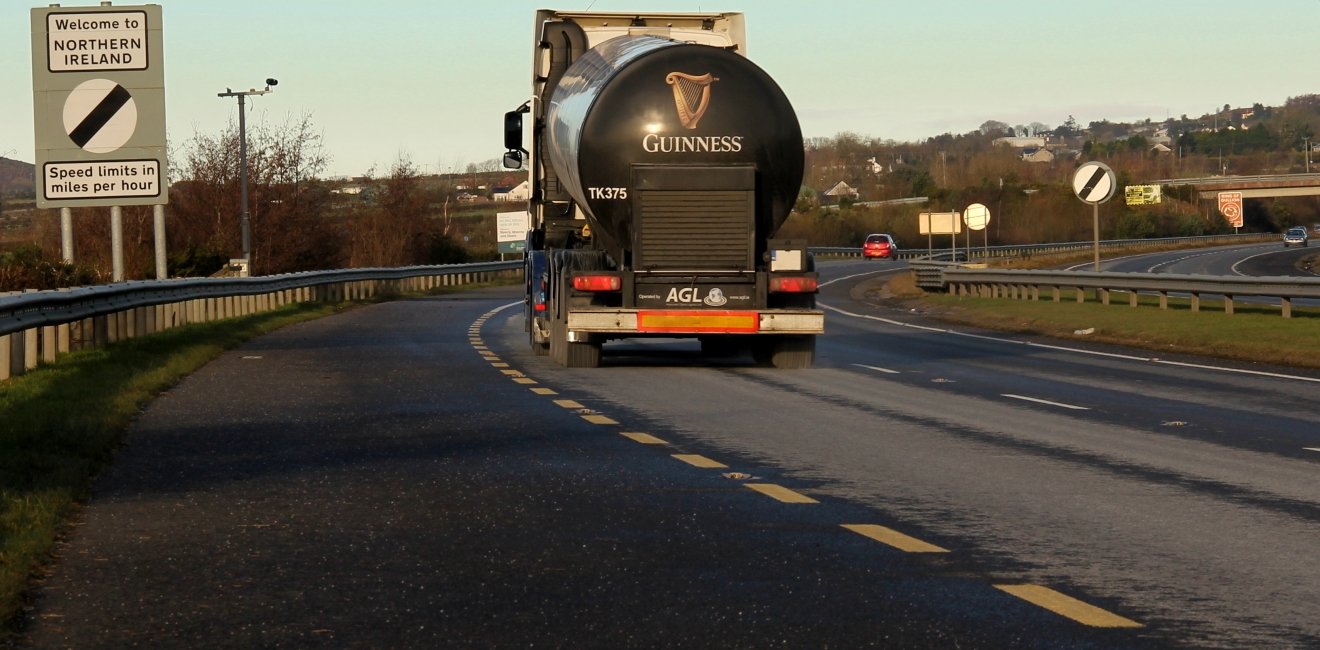UK ministers need to read the Northern Ireland protocol they signed
Brexit was a British idea. Brexit means border controls. UK ministers should deal with the logical consequences of their own freely chosen policies.
Brexit was a British idea. Brexit means border controls. UK ministers should deal with the logical consequences of their own freely chosen policies.

This commentary appeared first in The Irish Times in response to David Frost's and Brandon Lewis' op-ed
The UK’s European Union negotiator and its secretary of state for Northern Ireland published a remarkable article in The Irish Times last week. They complained of what they called the “inflexible requirement to treat movement of goods [from Britain] into Northern Ireland, as if they were crossing an EU external frontier, with the full panoply of checks and controls”. It appears they never read the Ireland/Northern Ireland Protocol which is part of the Agreement under which the UK withdrew from the EU. For this is precisely what the UK agreed to, in great detail, in the Protocol.
Annex 2 of this Protocol lists the EU laws which are to apply “in and to the UK in respect of Northern Ireland”. The first item on this very long list is Customs Code of the EU. This is a rigorous code with exacting procedures, as the UK knows well. Also listed are EU laws on the collection of trade statistics, product safety, electrical equipment, medical products, food safety and hygiene, GMOs and animal diseases. The list is specific. It refers to each item of EU legislation by its full title.
The UK is fully familiar with all the legislation in the Annex, because the UK, as an EU member state at the time, took part in drafting each one of these laws. It also had a reputation as a country that applied EU laws more conscientiously than most. These controls have to be enforced somewhere. This can be done either at a land border or at a sea border. The UK ministers, writing in The Irish Times, say preventing a hard land border on the island of Ireland remains essential.
So, if the controls are not to be exercised on the land border in Ireland, where do the UK ministers propose to exercise them?


The Global Europe Program is focused on Europe’s capabilities, and how it engages on critical global issues. We investigate European approaches to critical global issues. We examine Europe’s relations with Russia and Eurasia, China and the Indo-Pacific, the Middle East and Africa. Our initiatives include “Ukraine in Europe”—an examination of what it will take to make Ukraine’s European future a reality. But we also examine the role of NATO, the European Union and the OSCE, Europe’s energy security, transatlantic trade disputes, and challenges to democracy. The Global Europe Program’s staff, scholars-in-residence, and Global Fellows participate in seminars, policy study groups, and international conferences to provide analytical recommendations to policy makers and the media. Read more



